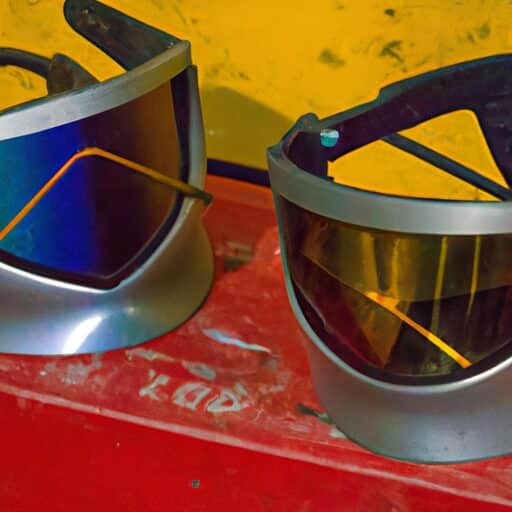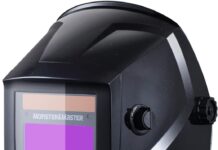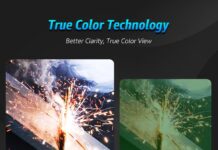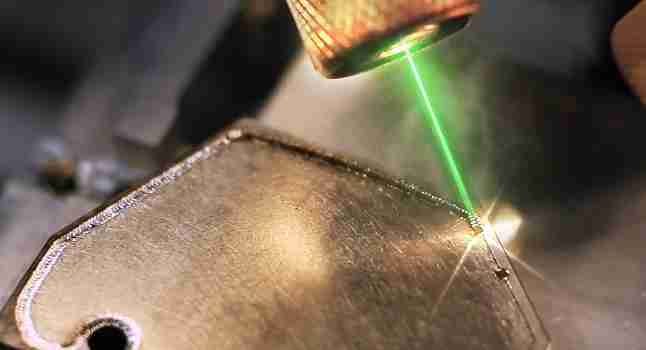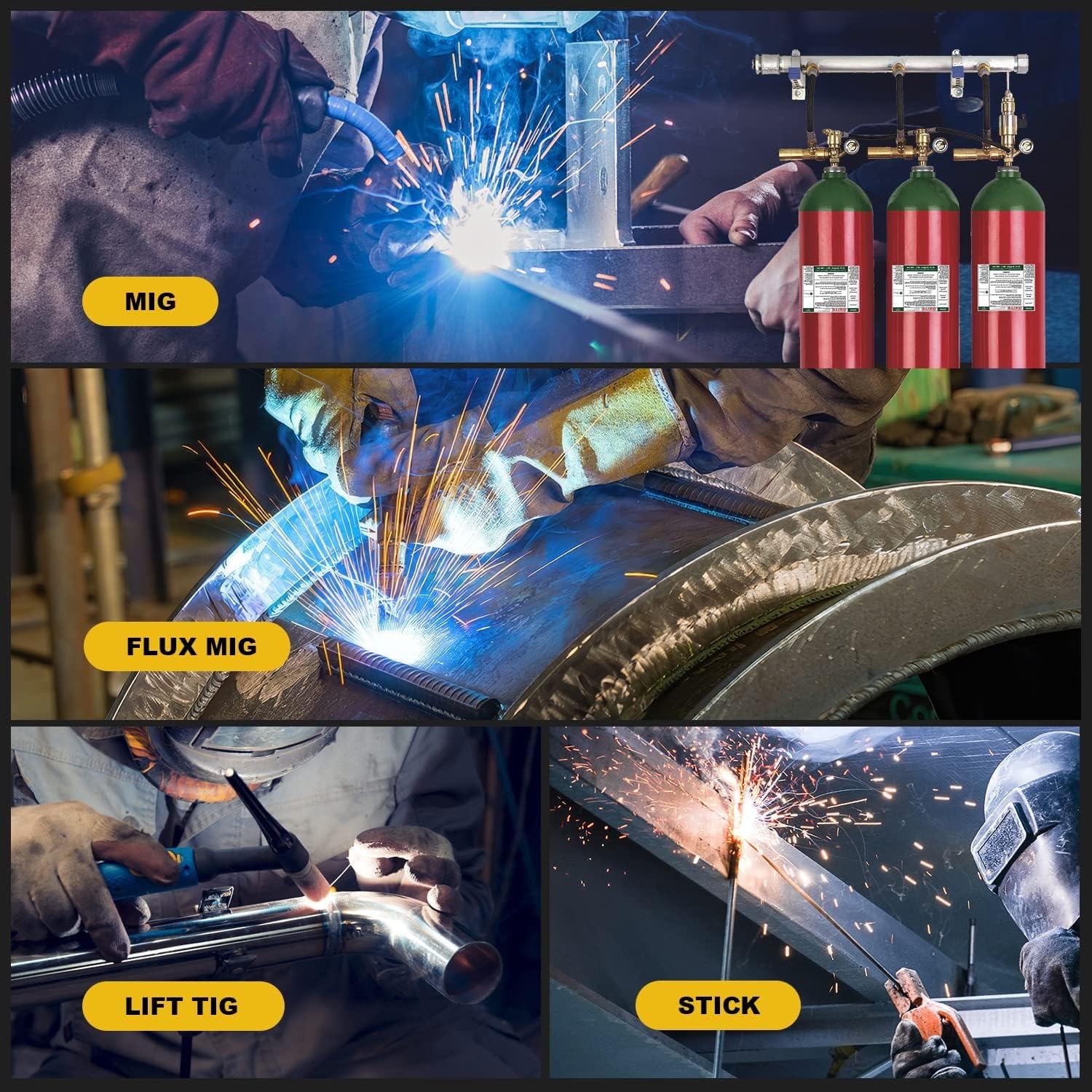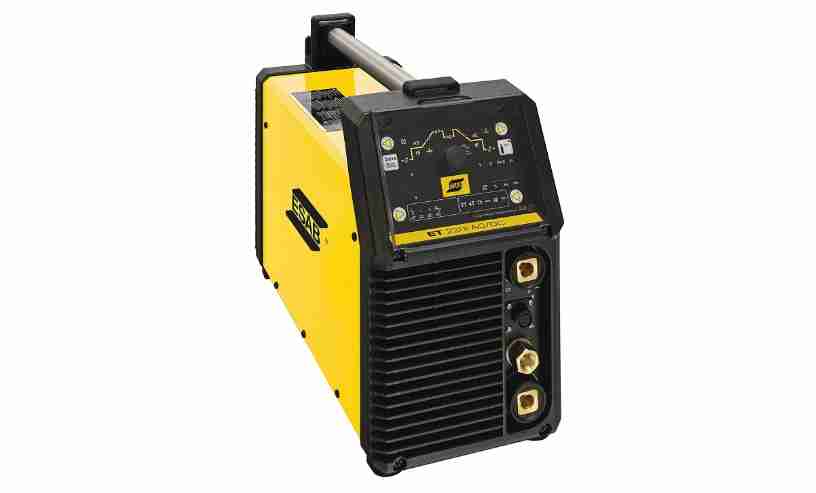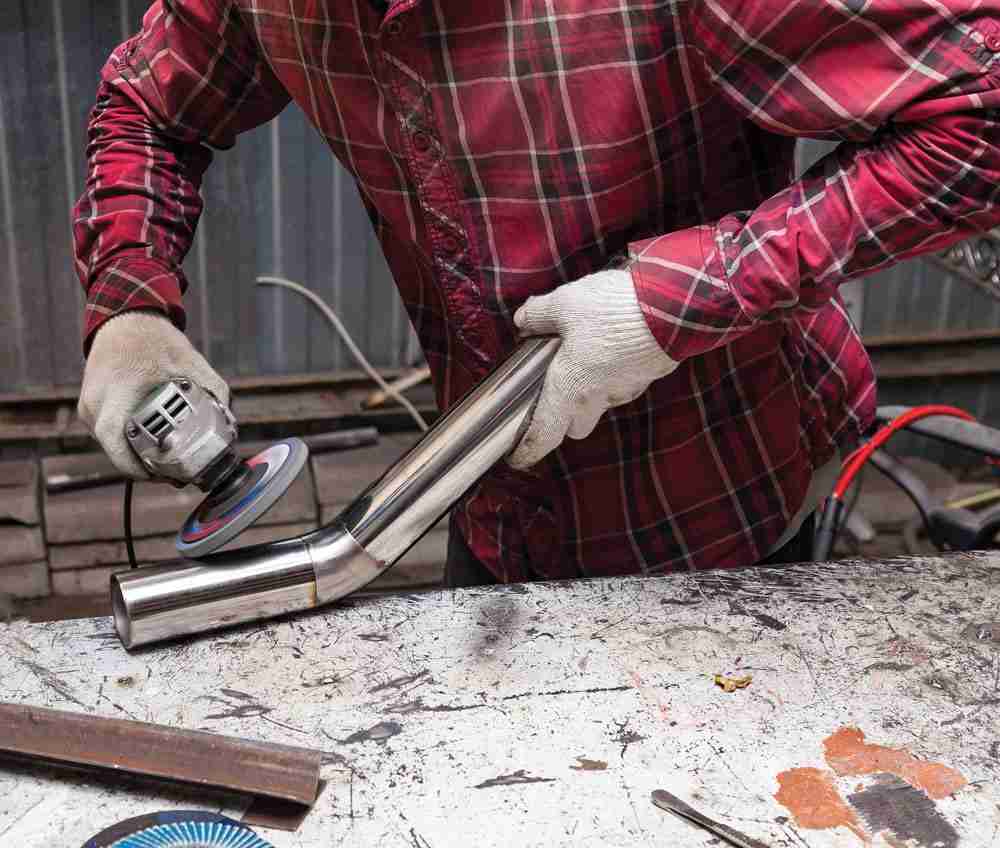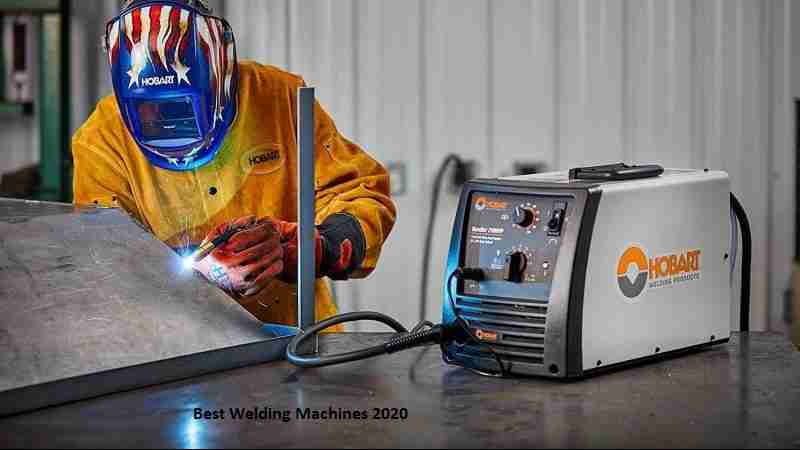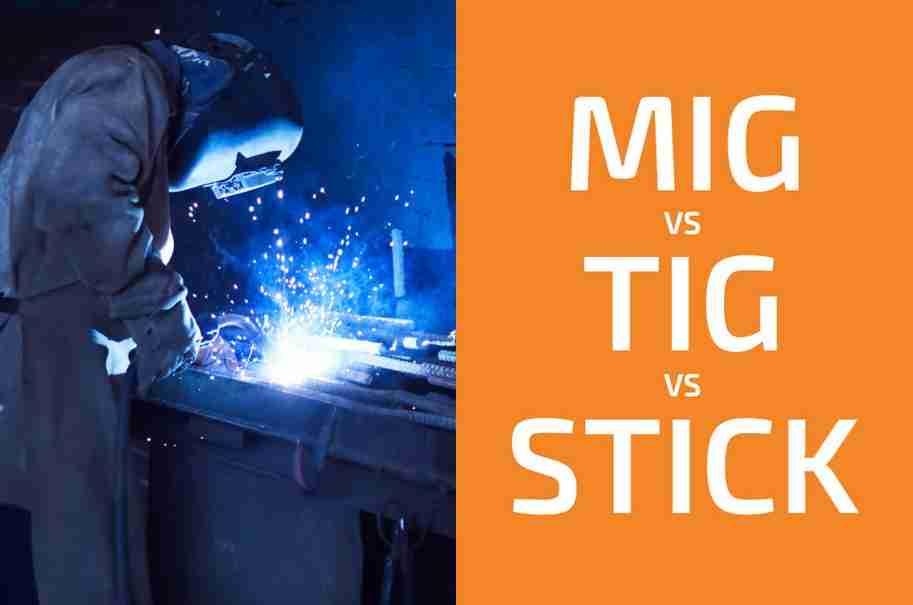In the world of welding, there is an ongoing debate about which type of lens provides the best visibility and protection. One popular contender in this discussion is the gold welding lens. The unique properties of gold, such as its ability to filter out harmful rays while enhancing visibility, have made it a promising choice for welders. However, questions still linger about the effectiveness and benefits of gold lenses compared to other options. In this article, we will explore the advantages and potential drawbacks of gold welding lenses, shedding light on whether they truly live up to their reputation as the superior choice.
Advantages of Gold Welding Lenses
Superior Protection
When it comes to protecting our eyes during welding, gold welding lenses offer superior protection. These lenses have a high optical density, which means they effectively filter out harmful ultraviolet (UV) and infrared (IR) radiation. Since gold is a highly reflective material, it helps to redirect the harmful radiation away from our eyes, minimizing the risk of eye damage. This added protection is especially important when working with high-intensity welding processes like TIG and MIG.
Enhanced Clarity
One of the major advantages of using gold welding lenses is their enhanced clarity. Compared to standard lenses, gold lenses provide a clearer and sharper view of the welding arc. This improved clarity allows us to see the details of our work more accurately, resulting in better welds. Whether we’re working in a professional setting or pursuing welding as a hobby, having clear vision is crucial for achieving optimal results.
Reduced Eye Fatigue
Welding for extended periods can put strain on our eyes, leading to eye fatigue. However, gold welding lenses can help alleviate this issue. The enhanced clarity and reduced glare offered by these lenses help to minimize eye strain, allowing us to work for longer periods without discomfort. By reducing eye fatigue, gold welding lenses enable us to maintain focus and concentration, resulting in increased productivity and better overall performance.
Longevity
Investing in gold welding lenses can also be advantageous in terms of longevity. These lenses are known for their durability and resistance to damage. Unlike some other welding lenses that may crack or shatter easily, gold lenses are more robust and can withstand the harsh conditions often encountered in welding operations. By choosing gold lenses, we can enjoy their benefits for an extended period, reducing the need for frequent replacements.
Improved Color Recognition
Another significant advantage of gold welding lenses is their ability to improve color recognition. Traditional green lenses tend to distort colors, making it challenging to accurately distinguish between different materials and welding zones. In contrast, gold lenses provide a more natural color perception, allowing us to identify variations in metal shades and welding joint conditions with greater accuracy. This enhanced color recognition is particularly beneficial when working on intricate welding projects that require attention to detail.
Disadvantages of Gold Welding Lenses
Higher Cost
While gold welding lenses offer numerous advantages, one potential disadvantage is their higher cost. Due to the precious metal used in their construction, gold lenses tend to be more expensive than standard welding lenses. This increased cost can be a significant consideration for welders operating on a tight budget. However, it’s essential to weigh the benefits against the cost to determine if the investment in gold lenses is worthwhile.
Limited Availability
Another drawback of gold welding lenses is their limited availability. Gold lenses are not as widely accessible as standard lenses, which can make it challenging to purchase them on short notice or in remote areas. In some cases, special orders may be required to obtain gold lenses, which can result in longer lead times. Consequently, those who rely on immediate access to replacement lenses may find the limited availability of gold lenses to be a potential drawback.
Durability Concerns
Although gold welding lenses are generally known for their durability, there can be some concerns over their long-term performance. The reflective nature of gold can make it susceptible to scratching or smudging, which can affect the clarity of the lens over time. It’s crucial to handle and store gold lenses properly to minimize the risk of damage. Additionally, depending on the specific lens construction, the gold coating may wear off with extended use, potentially reducing the effectiveness of the lens. Careful consideration and regular maintenance are essential to ensure the longevity of gold welding lenses.
Comparison with Other Welding Lenses
Gold vs. Standard Welding Lenses
Compared to standard welding lenses, gold lenses offer several significant advantages. Standard lenses typically have a lower optical density, which means they offer less protection from harmful UV and IR radiation. Additionally, the clarity provided by gold lenses is superior in comparison to the often tinted and dimmed view offered by standard lenses. While standard lenses may be more budget-friendly, gold lenses provide superior protection, enhanced clarity, reduced eye fatigue, and improved color recognition, making them a preferred choice for many welders.
Gold vs. Shade 12 Welding Lenses
Shade 12 welding lenses are a commonly used option, known for their dark tint, which provides adequate protection against UV and IR radiation. However, when compared to gold lenses, shade 12 lenses may not offer the same level of clarity and color recognition. Gold lenses provide a more natural view and offer enhanced visual acuity, allowing for better detail perception. While shade 12 lenses may be suitable for basic welding applications, the added benefits of gold lenses make them a more appealing choice for welders seeking optimal performance and precision.
Gold vs. Auto-Darkening Welding Lenses
Auto-darkening welding lenses have gained popularity in recent years due to their convenience and ease of use. These lenses automatically adjust the level of shading based on the welding arc’s brightness, eliminating the need for constant lens changes. While auto-darkening lenses offer convenience, they may not provide the same level of protection as gold lenses. Additionally, some users may experience a delay in the lens darkening, which can cause brief exposure to harmful radiation. Gold lenses, on the other hand, ensure consistent and reliable protection while delivering enhanced clarity and color recognition, making them a preferred choice for many professionals.
Application and Suitability
Gold Welding Lenses for Specific Industries
Gold welding lenses find applications in a variety of industries where welding is a common practice. Industries such as aerospace, automotive, shipbuilding, and metal fabrication often require high-quality welding with precise detail work. The superior protection, clarity, reduced eye fatigue, and improved color recognition offered by gold lenses make them highly suitable for these industries. Welders working in these sectors can greatly benefit from the enhanced vision provided by gold lenses, ultimately improving the quality and efficiency of their work.
Gold Welding Lenses for Professional Welders
For professional welders who rely on welding as their primary source of income, the choice of welding lenses is paramount. Gold welding lenses offer a range of advantages that directly contribute to a welder’s performance and safety. The superior protection and clarity of gold lenses enable professionals to weld with precision and confidence. Furthermore, the reduced eye fatigue provided by gold lenses allows professionals to work for longer periods without discomfort. With longevity and improved color recognition as added benefits, gold lenses are an excellent investment for professional welders aiming to excel in their craft.
Gold Welding Lenses for Hobbyists and DIY Enthusiasts
Even for hobbyists and DIY enthusiasts, gold welding lenses can be a game-changer. While professional welders often rely on their welding skills for income, hobbyists and DIY enthusiasts may have limited opportunities to practice welding. Therefore, having the advantage of enhanced clarity and improved color recognition offered by gold lenses can significantly contribute to the quality of their work. Additionally, reduced eye fatigue allows hobbyists to focus on their projects without discomfort and enjoy their welding endeavors to the fullest.
Considerations Before Choosing Gold Welding Lenses
Type of Welding Operation
Before choosing gold welding lenses, it’s essential to consider the type of welding operation we frequently engage in. Gold lenses are particularly beneficial for high-intensity welding processes like TIG and MIG, where the risk of eye damage from radiation is higher. However, for low-intensity welding processes like oxy-acetylene welding, gold lenses may not be necessary, and standard lenses can provide adequate protection.
Budget
Considering the higher cost of gold lenses compared to standard options, budget plays a crucial role in the decision-making process. It’s important to evaluate our budget constraints and assess whether the additional benefits provided by gold lenses justify the higher cost. While gold lenses offer superior protection and clarity, it’s essential to strike a balance between affordability and the level of performance desired.
Prevalence of Glare and Reflection
The prevalence of glare and reflection in our welding environment should also be taken into account. If we often encounter bright light sources or reflective surfaces during our welding operations, gold lenses can be particularly advantageous. The reflective properties of gold help redirect the glare away from our eyes, reducing the impact on our vision.
Personal Preference
When it comes to choosing welding lenses, personal preference should not be overlooked. While gold lenses offer numerous advantages, some welders may simply prefer the traditional green tint of standard lenses. It’s important to try out different options and consider factors such as comfort, visual acuity, and general satisfaction before settling on a particular lens type.
Factors Affecting the Performance of Gold Welding Lenses
Lens Shade Number
The shade number of a welding lens directly affects its level of darkness. Different welding processes require different levels of shading to adequately protect the eyes. It’s important to select a gold lens with an appropriate shade number based on the specific welding process and intensity. Consulting industry guidelines or seeking professional advice can help ensure the correct shade is chosen for optimal performance.
Ultraviolet (UV) and Infrared (IR) Protection
The primary purpose of welding lenses is to protect our eyes from harmful UV and IR radiation. Gold welding lenses, with their high optical density, effectively filter out these radiation types. When choosing gold lenses, it’s essential to ensure they meet industry standards for UV and IR protection. Opting for lenses with the appropriate protection level is crucial to safeguard our eyes from potential damage.
Optical Density
Optical density refers to the lens’s ability to block out specific light wavelengths. Gold lenses typically have a high optical density, allowing them to effectively block harmful radiation. However, it’s important to ensure that the chosen gold welding lens has an appropriate optical density for the specific welding operation. Failing to use a lens with the correct optical density may result in inadequate protection and increased risk of eye damage.
Lens Material Quality
The quality of the lens material can greatly impact the performance and durability of gold welding lenses. It’s important to choose lenses made of high-quality materials that can withstand the rigors of welding operations. Cheap or inferior lenses may scratch easily, degrade quickly, or fail to provide the desired level of protection and clarity. Investing in reputable brands and trusted suppliers can help ensure the lenses’ quality and performance.
Comfort and Fit
Welding for prolonged periods requires comfortable eyewear that fits well. Gold welding lenses should be chosen in the appropriate size and shape to ensure a comfortable fit. Ill-fitting lenses can cause discomfort, hinder productivity, and potentially compromise safety. Trying on different lens options and seeking recommendations from experienced welders can help find the most comfortable and well-fitting gold lenses for individual needs.
Maintenance and Care Tips for Gold Welding Lenses
Cleaning
Proper cleaning is essential to maintain the performance and clarity of gold welding lenses. To clean gold lenses, it’s recommended to use a clean, soft cloth or lens cleaning solution specifically designed for welding lenses. Avoid using abrasive materials or chemicals that can potentially scratch or damage the lens surface. Regular cleaning, especially after each significant welding project, helps ensure optimal vision and extends the lens’s lifespan.
Storage
When not in use, gold welding lenses should be stored in a protective case or lens pouch to prevent scratches or exposure to dust and debris. Avoid placing the lenses face down or in direct contact with other objects that can potentially damage the gold coating. Storing the lenses in a clean and dry environment also helps maintain their performance and extends their durability.
Replacement Schedule
Over time, gold welding lenses may show signs of wear and tear or become less effective in filtering out harmful radiation. It’s important to closely monitor the lenses’ condition and replace them as needed. Regular inspections and checking for any visible damage can help determine when replacement is necessary. Following the manufacturer’s recommendations and industry standards for lens replacement ensures continued eye protection and optimal performance.
Conclusion
Gold welding lenses offer numerous advantages that make them a preferred choice for welders seeking enhanced protection, clarity, and performance. The superior protection provided by gold lenses, along with their enhanced clarity and reduced eye fatigue capabilities, contribute to safer and more precise welding operations. While gold lenses may have a higher cost and limited availability, their benefits outweigh these considerations for many welders. Careful consideration of factors such as the type of welding operation, budget, and personal preference, along with proper maintenance and care, can help ensure maximum performance and longevity of gold welding lenses. By choosing gold lenses, we can experience the benefits of improved color recognition, reduced eye strain, and overall better welding outcomes.


